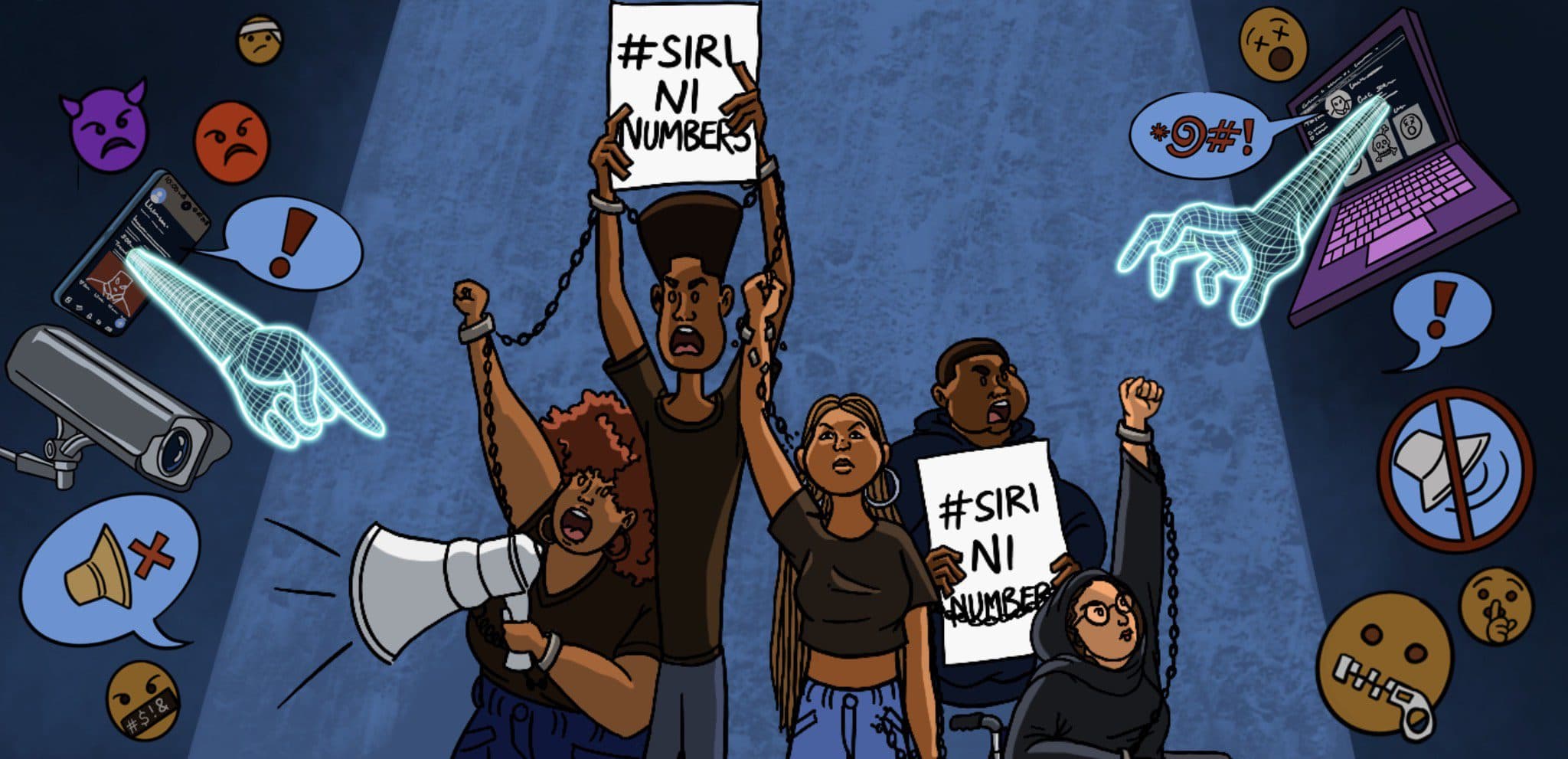We're loading the full news article for you. This includes the article content, images, author information, and related articles.
A new Amnesty International report alleges the Kenyan state systematically used internet shutdowns, unlawful surveillance, and online troll armies to suppress youth-led protests in 2024 and 2025, linking digital repression to physical violence.

The Kenyan government and its allies systematically weaponised digital platforms to suppress large-scale, youth-led protests that occurred between June 2024 and July 2025, according to a damning new report by Amnesty International released on Thursday, November 20, 2025. The report, titled “'This fear, everyone is feeling it': Tech-facilitated violence against young activists in Kenya,” documents a coordinated campaign of online harassment, unlawful surveillance, internet shutdowns, and disinformation designed to intimidate, monitor, and silence demonstrators. This digital crackdown was directly linked to a wave of physical violence, including abductions, torture, and killings.
Amnesty International's research, conducted across Nairobi, Mombasa, and Kisumu, alleges that these tactics were not isolated incidents but part of a state-enabled playbook to dismantle the digitally organised dissent. The protests, largely mobilised on platforms like TikTok, X (formerly Twitter), and WhatsApp, initially challenged the controversial Finance Bill 2024 but grew to encompass broader grievances against corruption and femicide. In response, security agencies are accused of perpetrating excessive force that resulted in at least 128 deaths, over 83 enforced disappearances, and more than 3,000 arrests between 2024 and 2025.
The report details a range of tactics used to quell the protests. A key strategy was the deployment of state-aligned troll networks and paid influencers to dominate online conversations. These networks created counter-hashtags to drown out protest messages like #RejectFinanceBill and spread disinformation, framing activists as foreign agents or criminals. One individual reportedly admitted to being paid between KSh 25,000 and KSh 50,000 per day to amplify pro-government narratives. Young women and LGBTQ+ activists faced particularly vicious, targeted abuse, including misogynistic insults, sexualised threats, and the circulation of AI-generated pornographic images.
Unlawful surveillance was another critical component of the state's response. The report highlights credible allegations that security agencies used mobile phone data and location tracking to identify and target protest organisers, leading to abductions. Furthermore, vague provisions within the Computer Misuse and Cybercrimes Act were allegedly used to arbitrarily arrest and intimidate activists for online activities, such as creating tools to help citizens contact their Members of Parliament.
On Tuesday, June 25, 2024, as protesters breached Parliament, Kenya experienced a major, nationwide internet disruption that lasted approximately seven hours. Global internet observatory NetBlocks confirmed a significant drop in connectivity across multiple networks. While the Communications Authority of Kenya (CA) had issued a statement on Monday, June 24, 2024, assuring the public there would be no shutdown, and telecom operators later blamed outages on undersea cable failures, civil society groups and technical analyses suggest the disruption was a deliberate act of censorship. This marked the first such nationwide shutdown in Kenya's history.
The economic consequences of these disruptions were severe. According to one estimate, an internet shutdown costs the Kenyan economy approximately Sh1.8 billion per hour. The June 25 outage paralysed critical services, including mobile money, e-commerce, and credit card transactions, impacting a digital economy that accounts for a significant portion of the nation's GDP. Data from Top10VPN revealed that economic losses from internet shutdowns in Kenya surged to Sh9.7 billion in the past year, the third-highest in Africa.
The findings have significant implications for Kenya's democratic space, which has seen its civic space rating downgraded to "repressed" by the CIVICUS Monitor. Freedom House's 2025 "Freedom on the Net" report also noted that Kenya experienced the most severe decline in internet freedom globally during the coverage period. Rights organisations like Amnesty International and ARTICLE 19 have called on the Kenyan government to cease technology-facilitated violence, investigate the killings and disappearances, and hold those responsible accountable. The trend is seen as part of a broader pattern of digital authoritarianism in Eastern Africa, where governments increasingly use digital tools to stifle dissent. As Kenya approaches the 2027 General Election, concerns are mounting that these repressive digital tactics could be further entrenched, undermining the integrity of the electoral process and eroding fundamental constitutional freedoms.
Keep the conversation in one place—threads here stay linked to the story and in the forums.
Sign in to start a discussion
Start a conversation about this story and keep it linked here.
Other hot threads
E-sports and Gaming Community in Kenya
Active 9 months ago
The Role of Technology in Modern Agriculture (AgriTech)
Active 9 months ago
Popular Recreational Activities Across Counties
Active 9 months ago
Investing in Youth Sports Development Programs
Active 9 months ago